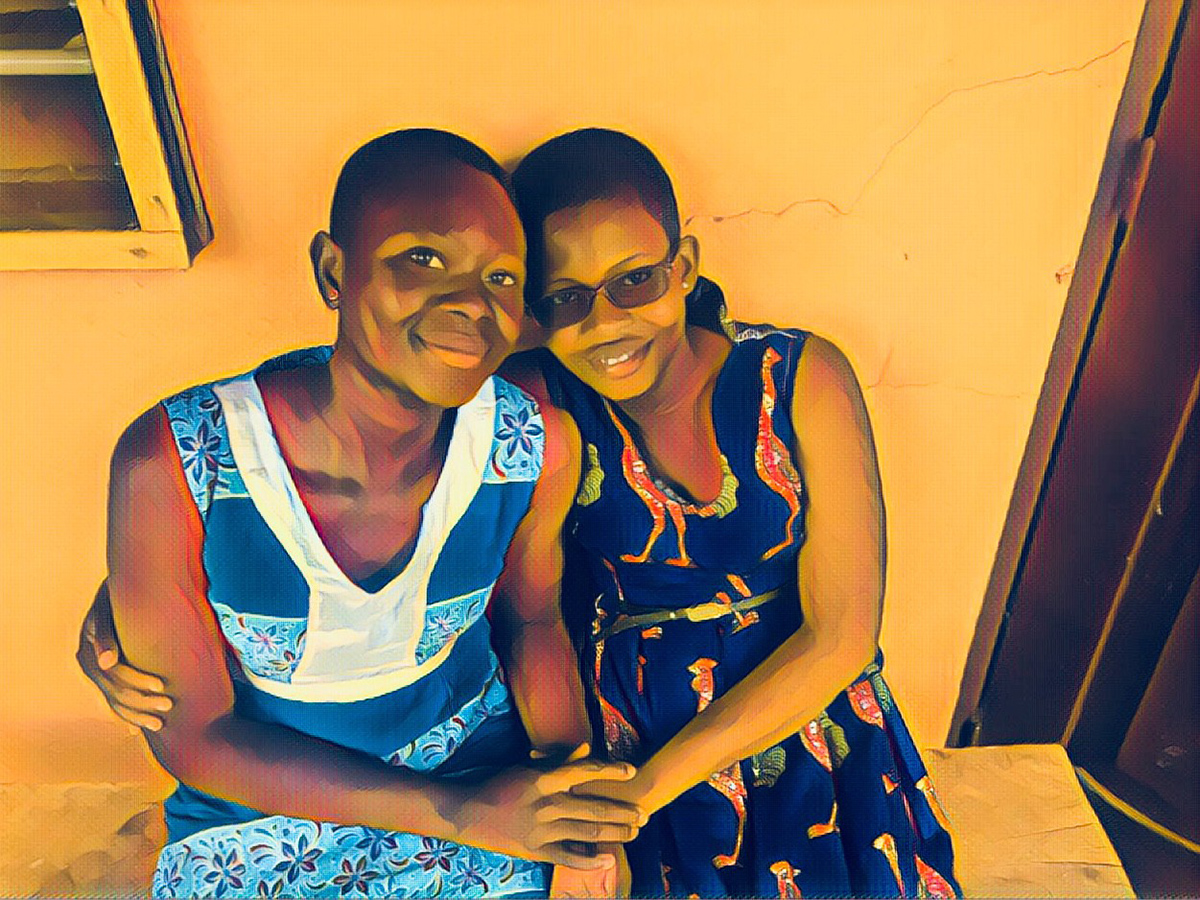
The 73rd session of the United Nations General Assembly (UNGA) opened on 18th September 2018. UNGA week includes 284 different events, covering themes such as health, education, women’s empowerment, economic development and youth leadership. In light of this, it is important to remember the young women who are directly impacted by these high-level discussions between governments, UN agencies and global development organisations.
Adeline and Sonia are two students from Togo, West Africa. They have been supported to complete their education by Pathways Togo, a small organisation supporting girls to go to school under the vision ‘Educating Women, Empowering the World’. These two courageous young women add their voices to the important discussions for girls’ education happening in New York over the coming weeks:
The power of education for girls’ futures

Adeline: “Aside from girls being sent off to get married, we can also say that girls are sometimes sent off to the towns to go and do housework, to work for others in order to earn money for their family. Me, after my studies, I want to become a chemist or an IT engineer… that’s what I wish the most. For the situation of girls in Togo, I think that it would be better if girls integrated themselves into civil services…Especially teachers, we see that there are more men than women.”
Sonia: “After my studies, I intend to become an agronomist, because I want to use the assets of my country to develop it. In Togo, the land is rich, and much of the population are cultivating it, so I want to help people develop ways of better exploiting our earth, as well as how to develop our environment”
Why is girls’ education so important?
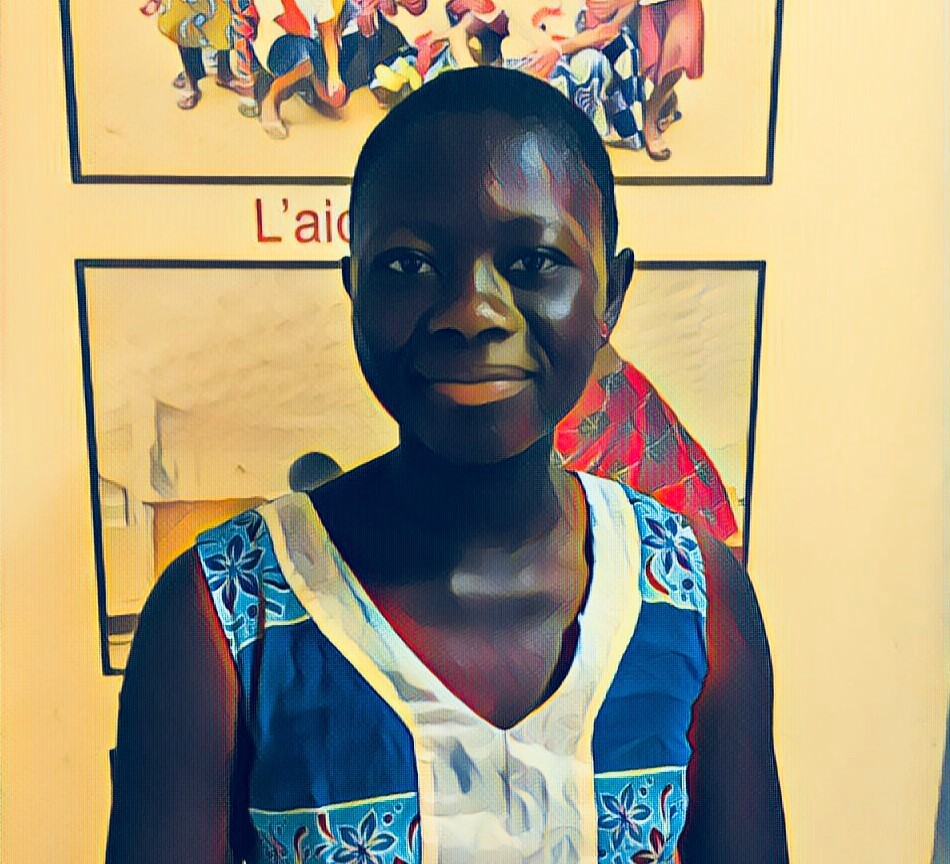
Sonia: “We can say that to educate women, or rather to educate our women is to contribute to the development of our communities. An educated woman has rights, she knows her rights. She can also plan her family, the number of children that she wants, the ages at which she has her children, and more generally this leads to a decrease in the mortality rate for the country in general. Educated women are more likely to educate their children. Then, the illiteracy rate will also decrease. Less children means better education for the children they have, so the development of the community is assured and the development of the country, bit by bit, advances. To put it simply, educating women serves to reduce mortality and illiteracy rates. We will have an intellectual world, of women ready to fight for the development of their nation.”
Adeline: “Girls’ education is so important because a girl who is educated contributes to the development of her community and of her country. As the saying goes, to educate a girl is to educate an entire nation.”
Why we must never give up
Adeline: “An educated woman is determined, filled with authority, she can easily become involved in politics to participate in the decision making of her nation.”
Sonia: “Being a woman is not easy, but as soon as we begin to develop our communities, these mentalities will change, and they will see that women are not just made for the household but for development. We have this spirit, like an instinct, to work, to initiate, and to succeed. So with education, supported by other organisations, we will have the capacity to galvanise our hard work and advance our objectives and goals, which we can achieve if we believe in ourselves”.
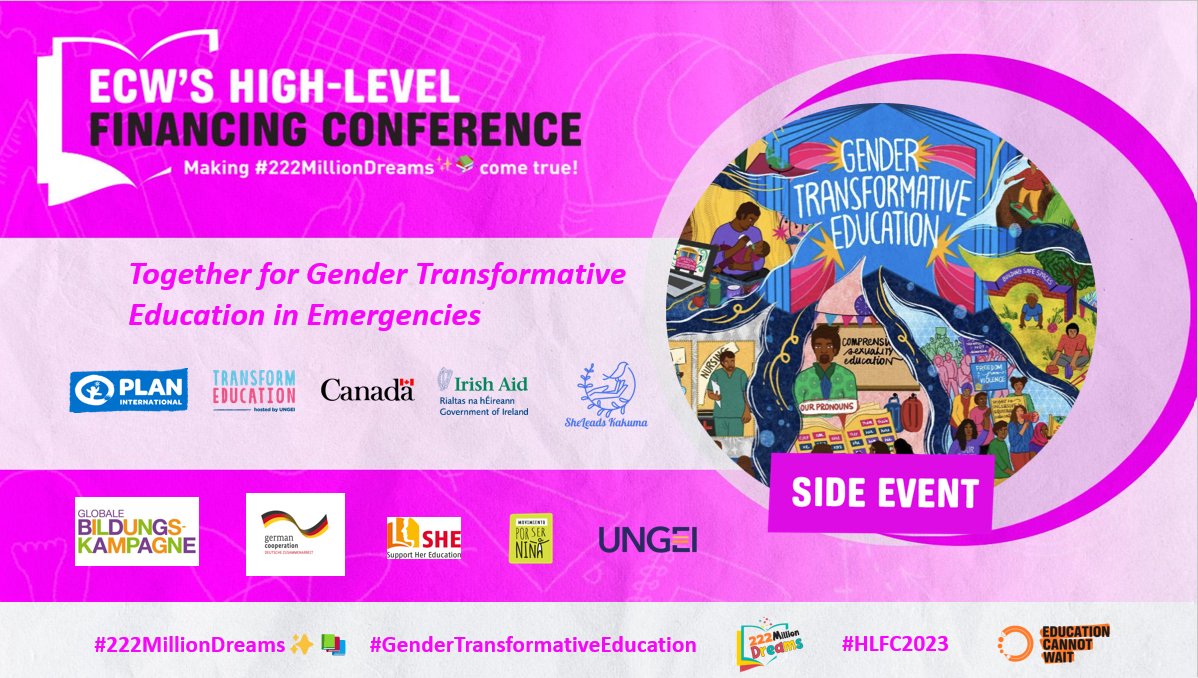
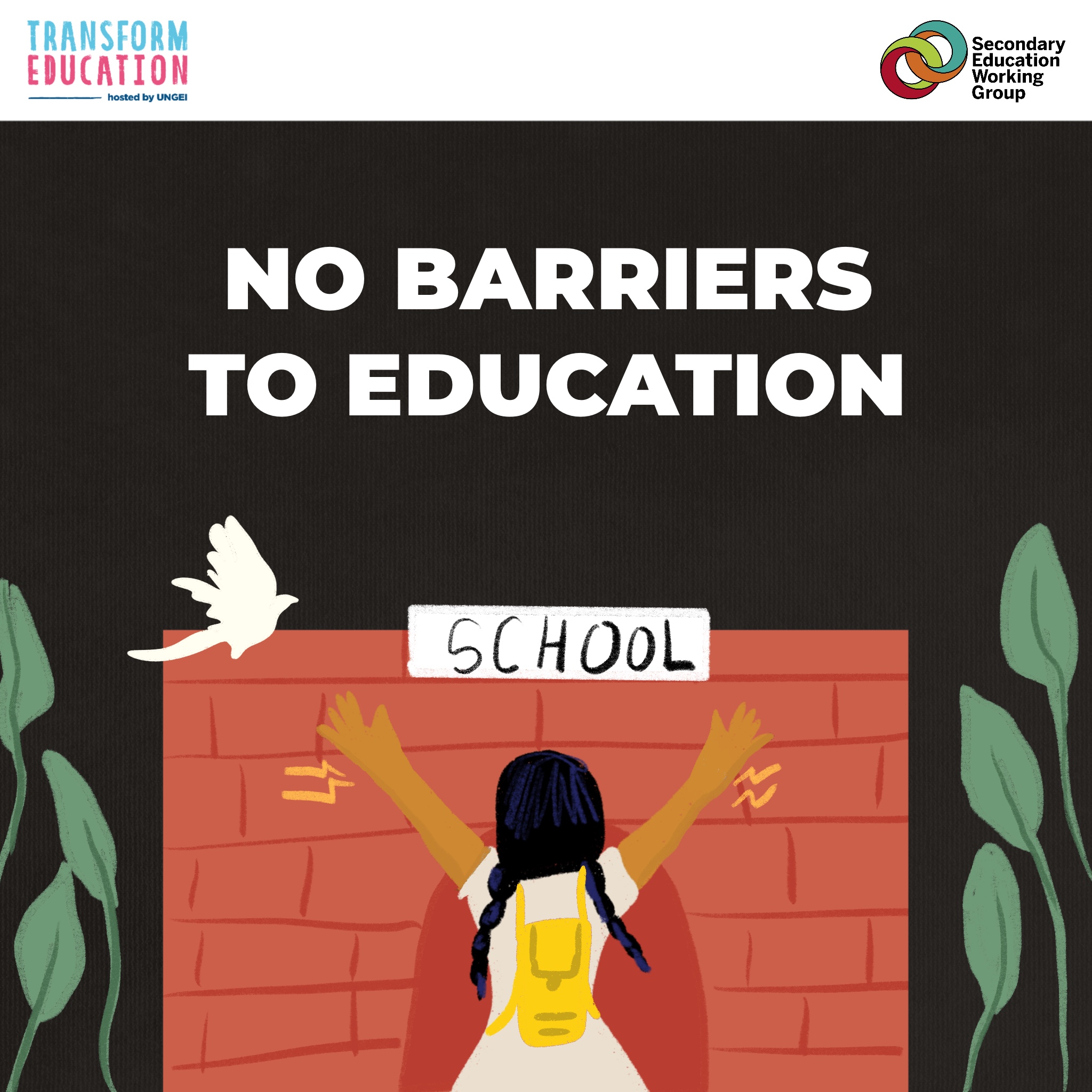
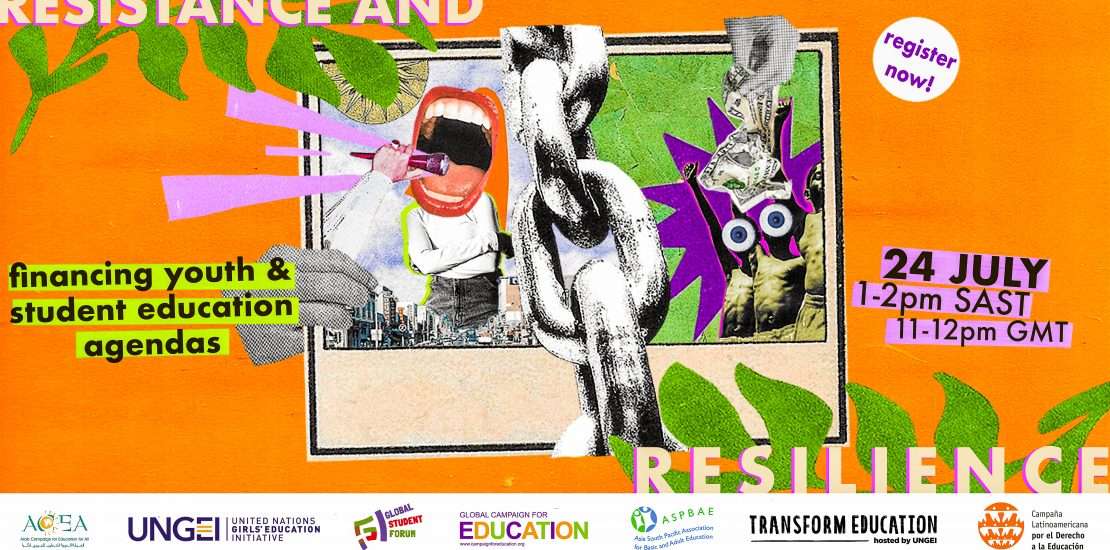
 English
English العربية
العربية Български
Български Hrvatski
Hrvatski Čeština
Čeština Dansk
Dansk Nederlands
Nederlands Suomi
Suomi Français
Français Deutsch
Deutsch Ελληνικά
Ελληνικά हिन्दी
हिन्दी Italiano
Italiano Română
Română Русский
Русский Español
Español Maltese
Maltese Zulu
Zulu አማርኛ
አማርኛ